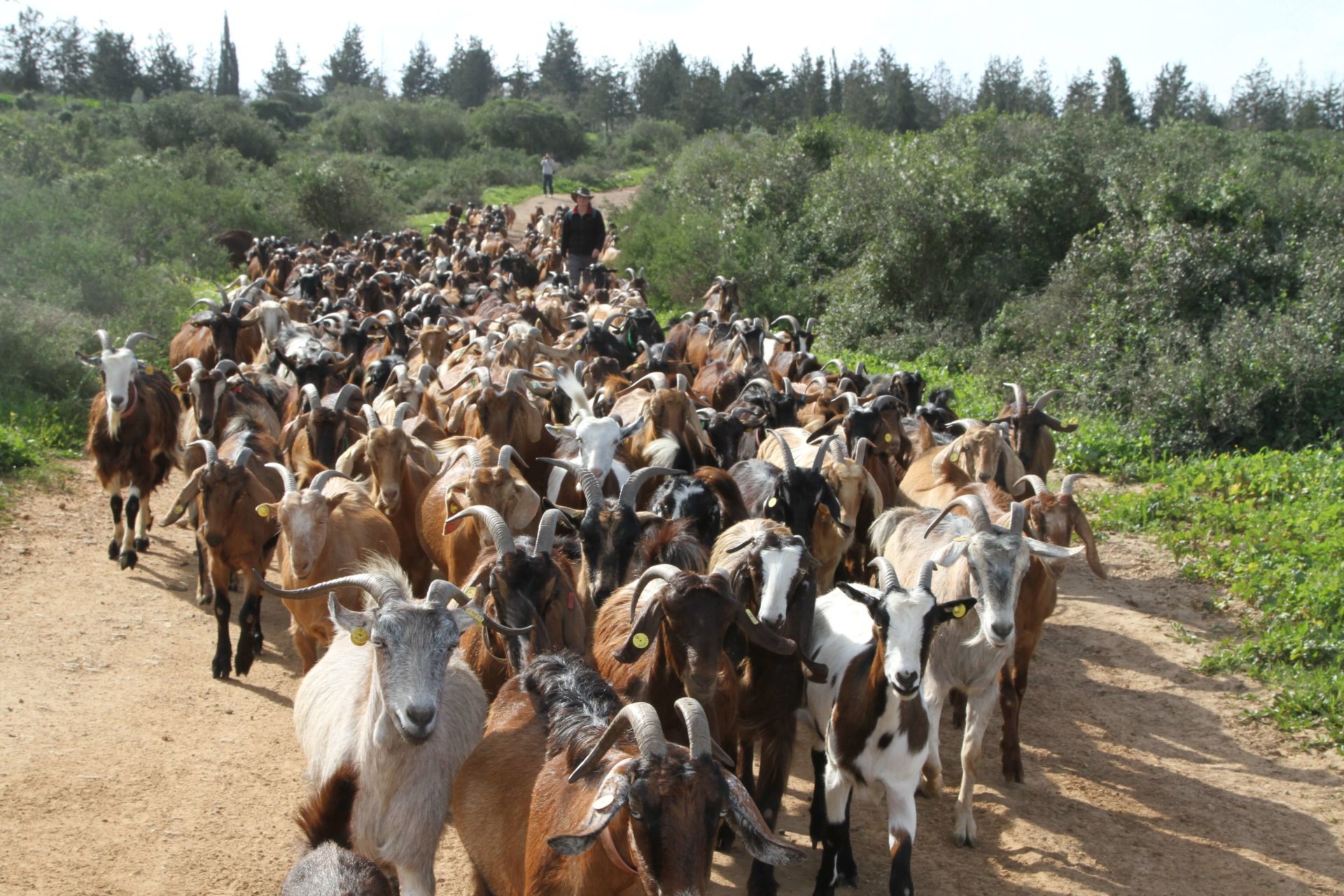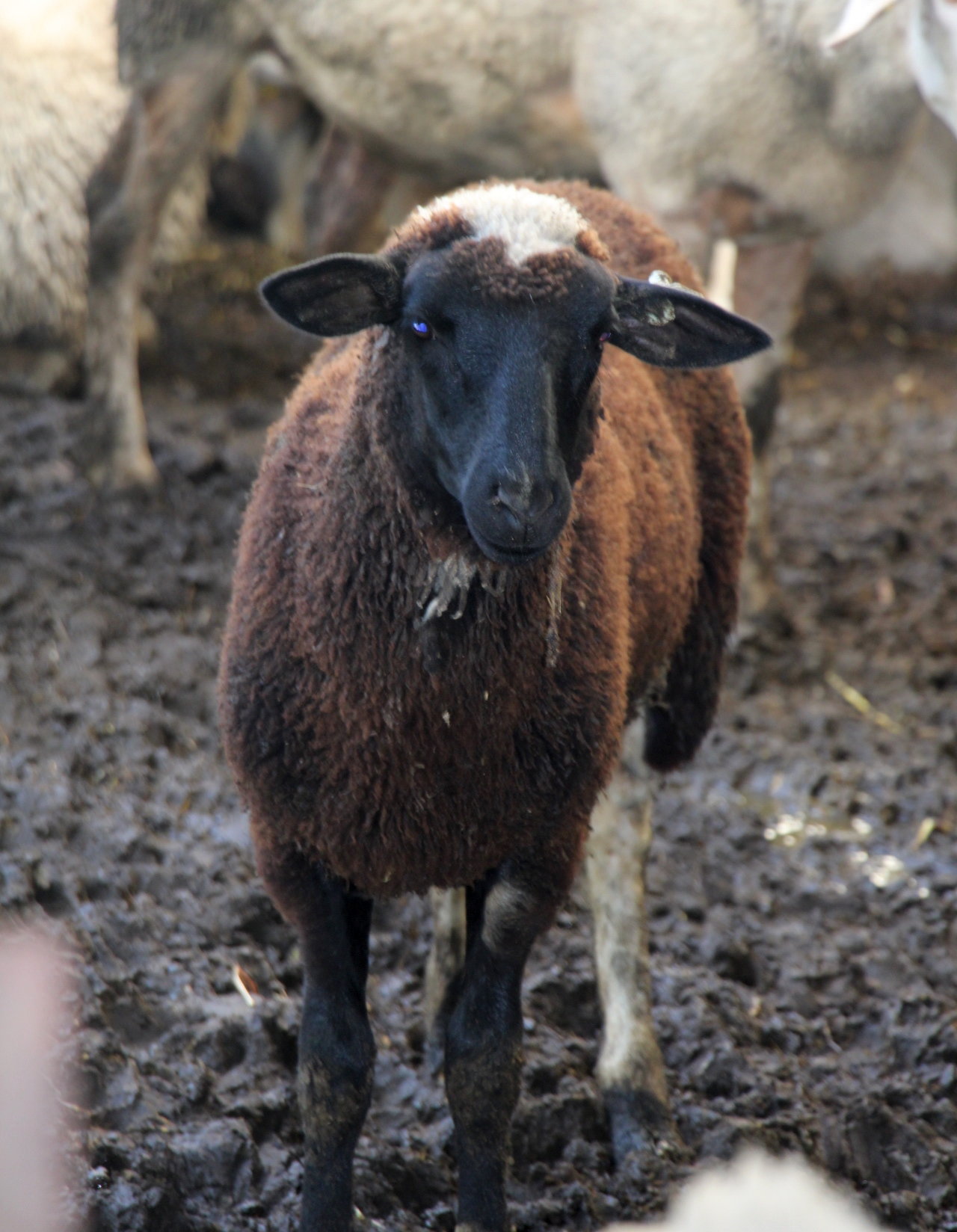Words and Herds
What Is the Origin of ‘Black Sheep’ and ‘Getting Rid of the Goat’?
We’re hosting Dr. Rubik Rosenthal.
 News and Events
News and Events
What Is the Origin of ‘Black Sheep’ and ‘Getting Rid of the Goat’?
We’re hosting Dr. Rubik Rosenthal.

Getting Rid of the Goat
What is the meaning of ‘getting rid of the goat’, and where does it come from?
‘Getting rid of the goat’ refers to a situation in which we get rid of an issue that causes undue stress when we’re overloaded, and that we can manage without. For example, when we have a very busy schedule, we omit or postpone something and suddenly our schedule is not so full, or when we get rid of an unnecessary piece of furniture and the interior space seems bigger.
The source of this saying has several versions in Jewish folklore. One version speaks of a woman who comes to the rabbi and complains: ‘Rabbi, the house is crowded, there’s no space to move’. The rabbi answers: ‘Take a goat and bring it into your house’. The woman is astonished but follows his instructions. A week later she returns to the rabbi and says: ‘Rabbi, I brought the goat in like you said, and it’s still crowded, even more than before!’ ‘Now take the goat out’, declares the rabbi, and the woman follows his command. A week later she comes back, her face shining: ‘Rabbi, I took the goat out and finally we have space in the house’.
From this story and the resulting expression, the word ‘goat’ has acquired a folk meaning: an unnecessary issue that needs to be gotten rid of, and the origin of the advertisement for convenience stores at petrol stations. The expression is also used in public life. In many cases, legislative disagreements are solved by ‘getting rid of the goat’, a section of the proposed law that can be omitted. A marketing website states: ‘Many business owners seek to get rid of the Facebook goat. It’s not their mission. They have no desire or time for it.’

Black Sheep
What is the meaning of ‘black sheep’ and where does it come from?
The expression ‘black sheep’ refers to a person whose acts cause shame to his or her family or group of people to which he or she belongs. The expression also appears in the names of books, games and television series.
The expression exists in a number of versions in several languages, including English.
In Hebrew, it is simply כבשה שחורה, which translates to ‘black sheep’.
In Yiddish: ‘a schvartze schaf’, or in its more advanced form, ‘parschive schaf’, a mangy sheep.
In German, they say ‘das schwarze Schaf’, and in French, ‘la bête noire’ – the black beast, and also ‘brebis galeuse’ – a mangy sheep. What did the inventors of this expression have against black sheep?
The reason is that black sheep are worth less than white sheep, because their wool cannot be dyed and because the colour black is considered to symbolise the forces of evil.
Did you like it? Join our free mailing list to receive monthly news and updates about activities for the whole family. Register here.
Any question? We will be glad to help